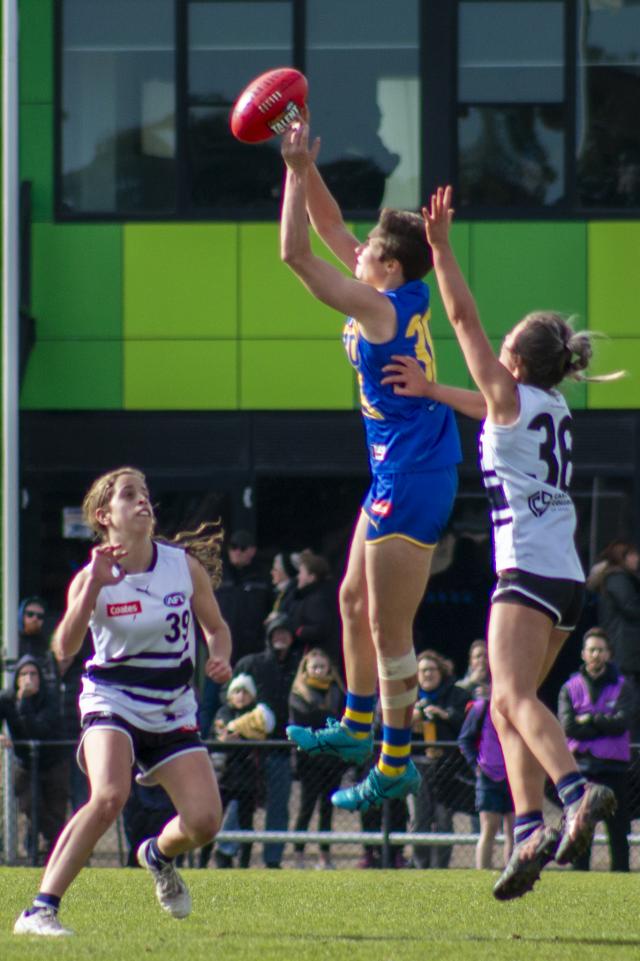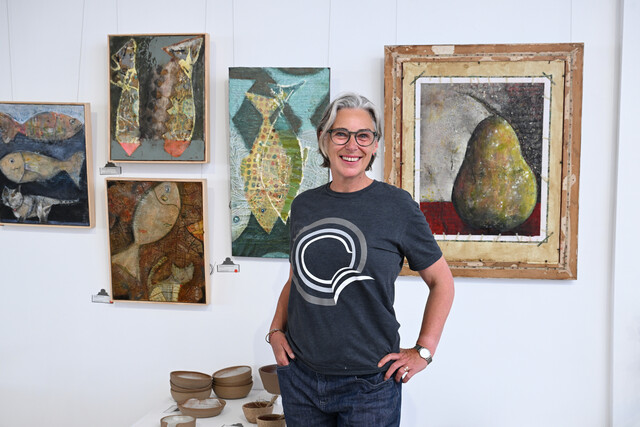A St Albans woman sentenced to 10 years prison in 2016 for drug offences had her appeal against the sentence rejected by the Supreme Court last week.
On April 5, 2016, Thi Hong Hanh Duong was sentenced to a decade behind bars, with a non-parole period of seven years, for attempting to possess a commercial quantity of a border-controlled drug.
In December, 2014, Duong attempted to take possession of three parcels containing 34.1 kilograms of cocaine from Colombia and addressed to Duong’s sister.
The trial court heard border police intercepted the parcels before purporting to be couriers and delivering them to Duong. She was arrested at the delivery vehicle.
Text messages between Duong and her sister in the lead-up to the delivery were tendered as evidence. The prosecution successfully argued these proved that Duong and her sister both knew the parcels contained cocaine.
In applying for an appeal, Duong argued that the original verdict was a miscarriage of justice and the sentence was unreasonable based on the evidence presented.
Duong’s lawyers submitted that “on the basis of the entirety of the evidence, the jury could not exclude the following reasonable hypothesis consistent with innocence: that the applicant did not have knowledge or a belief that the consignment contained a border controlled drug”.
The appeal court heard Duong’s lawyers claim the text messages between Duong and her sister were ambiguous enough as to promote doubt, and that Duong did not know what was in the parcels when she accepted them. But Judges Mark Weinberg, David Beach and Stephen McLeish said the evidence presented to the jury in the original case was strong enough for them to reach a verdict.
“When one examines the whole of the evidence, one is left with the impression of a relatively strong Crown case; one which it was well open for the jury to accept,” they said.
“None of the matters relied upon by the applicant (Duong) required the jury to entertain a reasonable doubt about the applicant’s guilt.”







